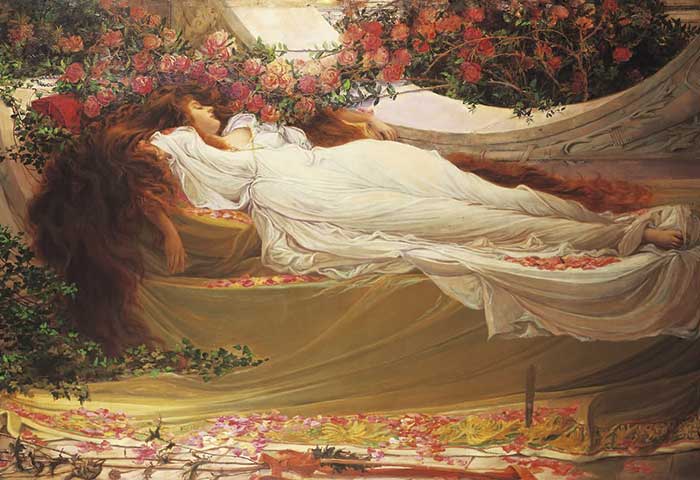[ad_1]
Prime numbers have always held an interest for mathematicians, researchers and the general public.
There are only twelve prime numbers between 1 and 40 which represents an opportunity for lotto researchers to explore. Understanding how these unique numbers appear in results can have a large impact in predicting future outcomes especially when used in conjunction with other ideas and theories.
The Frequency Of Prime Numbers In Lotto Results
Prime numbers are defined as any number divisible only by one and itself. For most lotto games this means the following numbers:
2,3,5,7,11,13,17,19,23,29,31,37
The number of primes in any given lotto results should therefore be around 30% and this creates several opportunities for research. Clearly, in a smaller sample the results will be inconsistent but over time primes will approach the 30% mark.
By definition, there are more primes among the lower numbers so this might rule out some sequences. For example the series 2,3,5,7,11 is unlikely to feature in any result so one angle to explore could be to select a spread of primes, making it possible to include more lines. If the number of primes is less in recent results then an upswing in primes might be expected.
Combining Prime Number Ideas With Other Lotto Theories
One issue to consider is how the frequency of prime numbers might converge with other ideas. For example, nearly all primes are odd numbers which means their frequency needs to be considered in light of odd and even number theories.
- Have there been less than average odd numbers in recent draws?
- Are odd numbers represented across each decile?
- Do primes need to be spread across the range of numbers?
Using Primes As Consistent Winners In Lotto
Because we know primes make up a third of all lotto winning numbers, it could make sense to use them as anchors in any predictive ideas we come up with. By combining the other ideas with the use of primes it should be possible to select at least two or three numbers on a consistent basis every week.
Summary
This article has introduced the idea that prime numbers make up a percentage of all lotto numbers and how lotto players can use this information in their own predictions. Combined with other converging ideas, prime numbers provide an ideal introduction to the world of lotto research.
[ad_2]
Source

